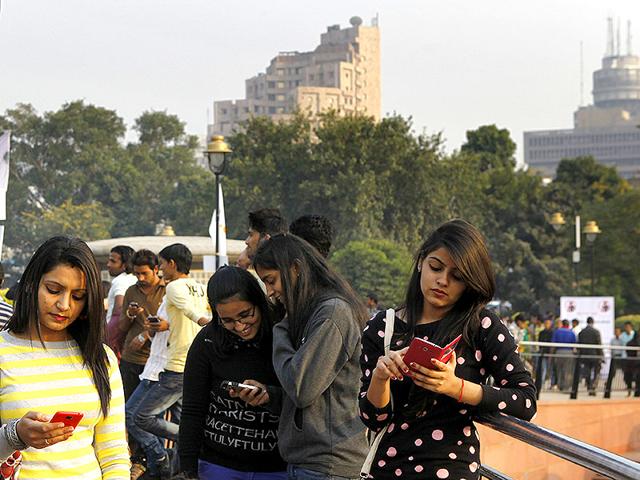Internet and its neutrality has democratised world of knowledge
Internet and its neutrality has democratised the world of knowledge. Gone are the days when one had to solely depend on set of few 'information arbitrators', such as publications, to get access to knowledge.
'Creative destruction' refers to the relentless innovation where new products and technologies replace outdated ones. It was coined by Joseph Schumpeter (1942), who considered rapid obsolescence an 'essential fact about capitalism'.

There can be no dispute that in the last 50 years the internet has turned out to be the biggest example of creative destruction to have impacted our lives. It has empowered people, made communication times faster, turned production processes more efficient and, above all, empowered billions of people.
The debate over 'net neutrality' needs to be seen in this context. Net neutrality is a principle that treats internet traffic equally.
For example, in the World Wide Web, a start-up company's website should have the same chance to succeed as a large transnational corporation.
Likewise, anybody wishing to read the blog-post written by a secondary school student should not face the prospect of facing slower access to the student's blog only to make way for brands that spend more money on advertising their products.
In many ways, the internet and its neutrality has democratised the world of knowledge. Gone are the days when one had to solely depend on set of few 'information arbitrators', such as publications, to get access to knowledge.
To be sure, the telecom revolution and the plunging costs of handset acquisition have aided this greatly.
Take the case of India. In 1995, one year after India began to liberalise the telecom sector, the mobile phone was a luxury for most Indians. Today, your milkman and the kabadiwala carry one. Sometime in the middle of next year, the number of mobile subscribers in India will cross one billion.
At the upper end of society, the ubiquitous information technology (IT) and IT-enabled services industry is now worth $120 billion.
When the first mobile phone service was launched in India, the cost of a low end mobile handset was around Rs 25,000. You can now buy one for Rs 1,000.
Smartphones, which bring the browsing power of the internet to your palmtop, can be bought for as low as Rs 5,000.
The importance of net neutrality in furthering this cannot be over-emphasised. The idea of net neutrality is based on the simple principle that a network and the data that flows through it are two separate entities.
As a logical corollary, since they are distinct, the entities that control the network (the telecom companies) should not, in any manner whatsoever, have any say on the content that moves through their networks.
It's about time regulators and the government say which side of the fence India stands on this.



